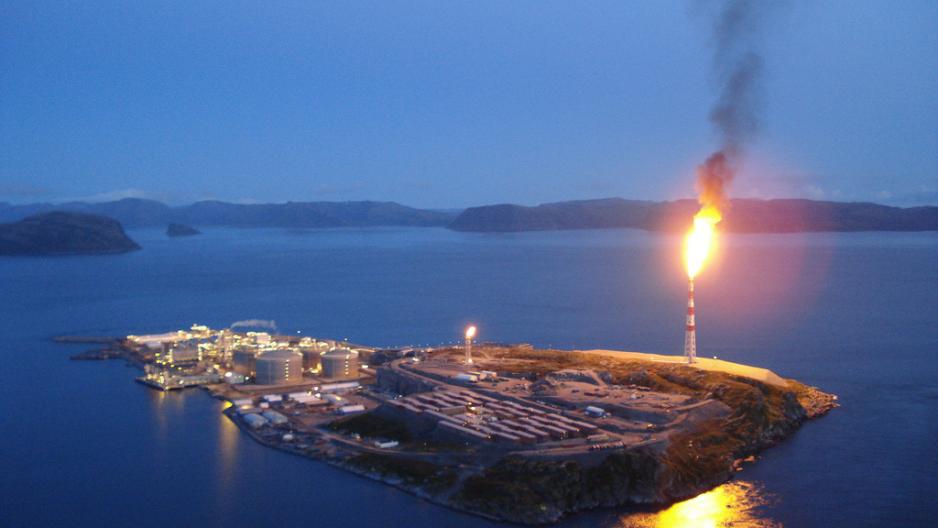Arne O. Holm says Closed borders and excessive profits. Where did solidarity go?

Melkøya outside of Hammerfest in Finmark, Northern Norway, where gas from the Snow White Field in the Barents Sea is processed and cooled down to liquefied natural gas. (Photo: Joakim Aleksander Mathisen).
(Commentary) Washington DC: We are closing the borders to Russian conscientious objectors. We are refusing to share the war profits with anyone but ourselves. And on Svalbard, we have deprived foreigners of their right to vote.
We are up to our knees in moral dilemmas. Still, we are missing any considerable will to do anything but ignore the fundamental democratic challenges that a war in the middle of Europe gives rise to.
The political discussion is first and foremost about how we can save ourselves from the costs a war inflicts on each of us. We have gained momentum and inspiration from a pandemic where the state picked up the bill, even for the richest.
We are facing new crises
Now we are facing new crises, triggered by war, which, unlike the pandemic, does not empty out the treasury, but fills it quicker than a racing horse closing in on victory.
From an international perspective, we are quite alone in this newfound wealth, just as we are becoming increasingly more alone in refraining from a necessary debate about our moral compass.
That is becoming apparent outside of Norway.
Solidarity is on a break.
While writing this, I am traveling for work in the US, where even the Democrats believe that the democracy and the Norwegian welfare model are purely communistic or socialistic at best.
To explain that it is supported by radicals as well as liberals and conservatives is a demanding task, as solidarity and hard work is a part of Norwegian everyday speech.
Now, I also have to explain that solidarity is on a break and ends at the border.
The liberal-conservative magazine Economist is just one of several voices questioning the Norwegian efforts in Ukraine's fight against Russia.
The magazine's commentator asks how a country quick to draw attention to its international efforts can defend itself against accusations of being an undeniable war profiteer.
We cannot defend it
The answer is that Norway neither can or should defend itself against such accusations. Norway should answer through action.
If we lose our principles, we lose ourselves.
Because we can afford it, because we profit from the war, we pay the electricity bills of private households and businesses when the war triggers an energy crisis, just as we could afford to pick up the bill when the pandemic hit us.
For the same reason, that we can afford it, we should share our newfound wealth with people and nations who are forced by necessity to buy Norwegian energy at prices no one is able to control.
It does not enhance the impression of a Norway bereft of solidarity that we close the border in the north towards Russia and make it almost impossible for young men to escape Vladimir Putin's brutal, military mobilization. Conscientious objectors have never been highly regarded by the authorities.
Not even now, when they refuse to kill their brothers and sisters in Ukraine.
In light of this, the decision to deprive foreigners of their right to vote on Svalbard should be parenthetically mentioned. It is, however, part of a story of political leadership out of step with ideals of democracy and solidarity.
It is only when principles are put to the test that principles have value.
If we lose our principles in the face of national and personal self-interest, we also lose ourselves.
Also read
This commentary was originally published in Norwegian and has been translated by Birgitte Annie Molid Martinussen.


